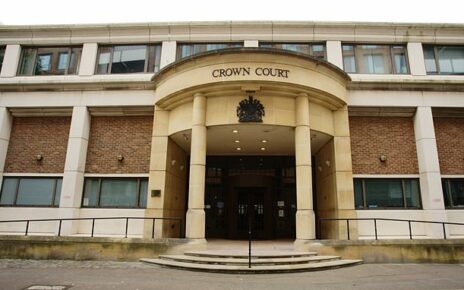London: The Queen’s role has been rewritten by Buckingham Palace, which has removed duties she “must fulfil” as monarch from its annual review while the Prince of Wales takes on more.
The Queen’s “official duties” have been edited in the palace’s annual report for the first time in at least a decade. Events such as the state opening of Parliament, previously considered necessary by “constitutional convention”, have been removed. The new version, published following the Platinum Jubilee, places emphasis on the support she can expect from the wider royal family.
The rewritten duties will allow more of the Queen’s duties to be carried out by members of the royal family.Credit:Getty Images
While such changes had already begun in practice, the decision for an institution that moves at a deliberately glacial pace of change to formally amend the Queen’s role is considered significant.
It certainly takes a little pressure off the Queen, whose well-documented mobility problems have compelled her to change her programme significantly. Noticeably the Queen missed the state opening of Parliament in May and there is no sign she will be able to return next year.
According to the Sovereign Grant report, signed off by Sir Michael Stevens, the Keeper of the Privy Purse, the Queen’s role still has two key elements: Head of State and Head of Nation.
As Head of State, the “formal constitutional concept”, the Queen “must fulfil” specific duties. These were previously laid out as a 13-point list, including the state opening of Parliament, the appointment of the Prime Minister, and paying and receiving state visits.
The new version offers a vaguer definition, saying that the Queen’s role “encompasses a range of parliamentary and diplomatic duties” and that she only “receives” other visiting heads of state.
The second part of the monarch’s job description, the symbolic role of Head of Nation, is carried out by the Queen “where appropriate or necessary”.
It focuses on her position inspiring “unity and national identity” and “continuity and stability”, recognising the “achievement and success” of others and ensuring “support of service” from volunteers to the emergency services and the military.
A palace source last night downplayed the significance, saying it was not a “drastic” change, but a small post-Jubilee update.
The changes, however gradual, will have implications for the future: will the new definition continue in the reign of a future King Charles? Will the tweaks be reversed? Or will the court of Charles one day form its own version of the constitutional duties of the monarch?
The Telegraph, London
Most Viewed in World
From our partners
Source: Read Full Article

